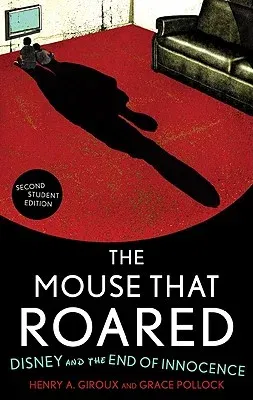Henry A Giroux
(Author)The Mouse that Roared: Disney and the End of Innocence, Second Student Edition (Second Student)Paperback - Second Student, 16 April 2010

Qty
1
Turbo
Ships in 2 - 3 days
In Stock
Free Delivery
Cash on Delivery
15 Days
Free Returns
Secure Checkout
Print Length
320 pages
Language
English
Publisher
Rowman & Littlefield Publishers
Date Published
16 Apr 2010
ISBN-10
1442203293
ISBN-13
9781442203297
Description
Product Details
Authors:
Book Edition:
Second Student
Book Format:
Paperback
Country of Origin:
US
Date Published:
16 April 2010
Dimensions:
21.49 x
15.49 x
2.36 cm
Genre:
Film
ISBN-10:
1442203293
ISBN-13:
9781442203297
Language:
English
Location:
Lanham, MD
Pages:
320
Publisher:
Weight:
412.77 gm

